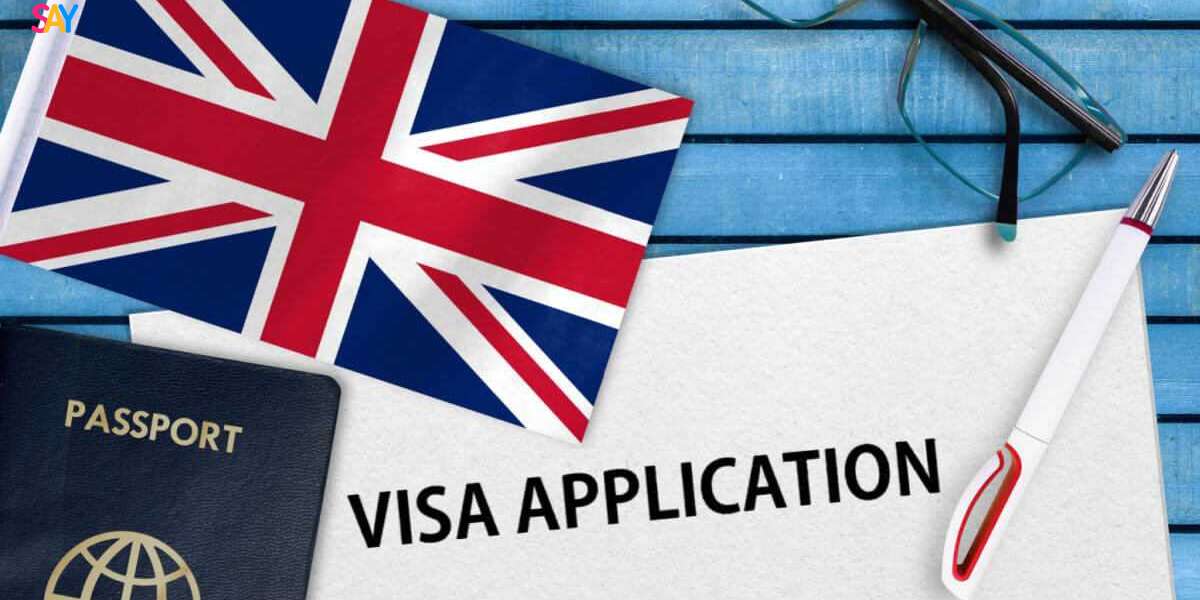Applying for a UK visa can be a complex and stressful process, especially if your application is refused. However, a refusal doesn’t always mean the end of the road. The UK visa appeal process provides applicants with an opportunity to challenge the decision and present additional evidence to support their case. In this blog, we’ll explore the key aspects of the UK visa appeal process, including eligibility, grounds for appeal, and the steps involved.
Who Can Appeal a UK Visa Refusal?
Not all visa refusals can be appealed. The right to appeal depends on the type of visa you applied for and the reason for refusal. Generally, you may have appeal rights if:
- You applied under human rights or asylum claims (e.g., family visas under Article 8 of the European Convention on Human Rights).
- Your application falls under the points-based system (PBS) and involves human rights considerations.
- You were refused settlement or deportation orders.
If your visa category does not grant automatic appeal rights, you may still request an administrative review or reapply with stronger evidence.
Grounds for a UK Visa Appeal
To succeed in an appeal, you must prove that the Home Office made an error in refusing your application. Common grounds for appeal include:
- Incorrect application of immigration rules – If the caseworker misinterpreted the law or your documents.
- Failure to consider evidence – If the Home Office overlooked key documents or supporting materials.
- Procedural unfairness – If there were delays, lack of transparency, or bias in the decision-making process.
- Human rights violations – If the refusal disproportionately affects your right to family or private life.
Steps in the UK Visa Appeal Process
- Receive the Refusal Letter – The Home Office will provide a refusal letter explaining why your application was denied and whether you have the right to appeal.
- Lodge an Appeal – If eligible, you must file an appeal within 14 or 28 days (depending on your location) from the date of refusal.
- Prepare Your Case – Gather additional evidence, witness statements, or expert opinions to strengthen your appeal.
- Attend the Hearing – The First-tier Tribunal (Immigration and Asylum Chamber) will review your case, and you may need to attend in person or via video call.
- Receive the Decision – The tribunal will either allow your appeal (overturning the refusal) or dismiss it (upholding the refusal).
Alternatives to an Appeal
If you don’t have appeal rights, you may consider:
- Administrative review – Requesting the Home Office to reassess the decision if there was a caseworking error.
- Reapplying – Submitting a fresh application with corrected mistakes or stronger documentation.
Final Thoughts
A UK visa refusal can be disheartening, but the appeal process offers a legal pathway to challenge the decision. Understanding your rights, gathering strong evidence, and following the correct procedures can significantly improve your chances of success. If you’re unsure about the process, consulting an immigration specialist can provide valuable guidance.




